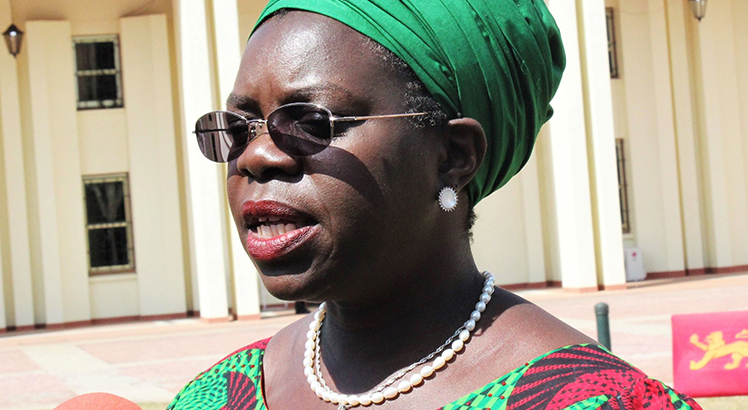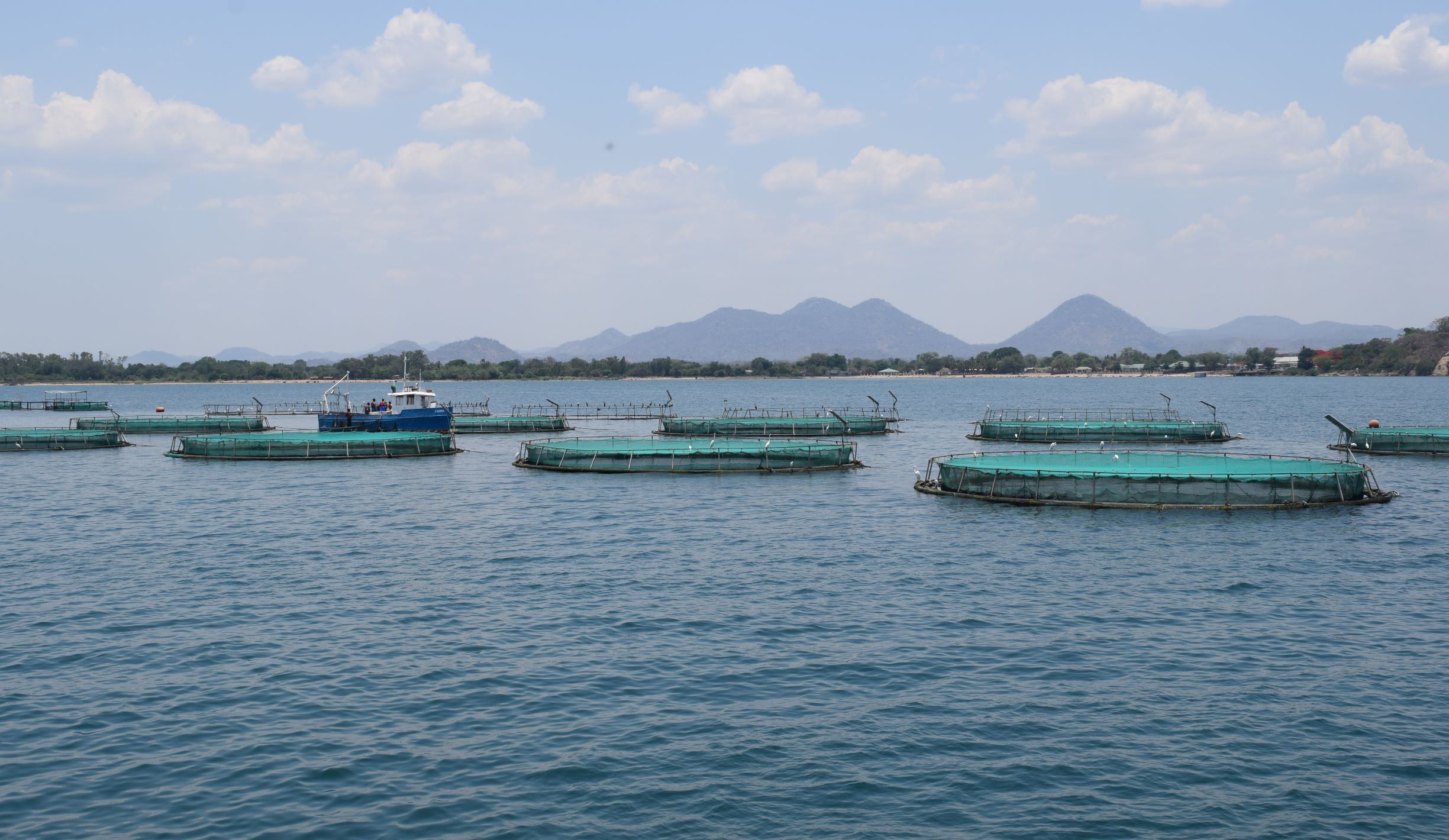Foreign-owned land faces review
Malawi Government has stepped up to ensure compliance to new land laws with Secretary to the President and Cabinet (SPC) Colleen Zamba stating that all land owned by foreigners will undergo review.
Speaking in Lilongwe yesterday during the opening of a Ministry of Lands sensitisation meeting on the amended land laws for directors of government ministries, departments and agencies, she called on the directors to help in providing correct information to the public.
Said Zamba: “We need to do the proper paperwork, assess, analyse and evaluate to make sure the laws are followed. We don’t just grant land to foreigners. Can I just go to Germany and get land? No!”
Part of the new land laws repealed Section 37 of the 2016 Land Laws and replaced it with a new Section 37 (1) which reads: “Land shall not be granted or sold to a person who is not a citizen of Malawi.”
However, the fresh amendments have stirred fear and anxiety among some experts who predict doom for the economy purportedly because the new provisions have created uncertainty over ownership for investors.
In line with President Lazarus Chakwera’s directive of 2020, last year Parliament amended six land-related laws enacted in 2016 due to what the Tonse Alliance administration termed “public discontentment”.

But the new review has ended up creating fresh controversy. Major concerns include land ceilings, re-entering undeveloped land after two years, expropriation of private land without compensation and preferential treatment accorded to indigenous Malawians over foreigners.
On the other hand, estate owners, real estate agencies and Asian business community have also expressed reservations and the fear that the laws will put them at a disadvantage.
But yesterday, Zamba said the sensitisation meeting was aimed at ensuring order in land issues.
“Everybody, including our chiefs in the villages, must understand these issues because land is a cross-cutting issue,” she said.
In a separate interview, Ministry of Lands Principal Secretary Devie Chilonga warned citizens against engaging in illegal land transactions with foreigners.
He said: “Even if they offer the land to the foreigners, the foreigners will not own it because we will not give them title deeds unless the Malawi Investment Trade Centre certifies that the land is indeed for investment.”
Chilonga added that the ministry will soon be granted a toll-free number by the Malawi Communications Regulatory Authority to help in increasing awareness on the amended laws.
Ministry of Local Government director of chiefs administration Charles Makanga said there is still need for more sensitisation, especially in rural areas, for a proper understanding of the amended laws.
He said the laws have just been amended with the expectation to address some of the challenges the nation is facing.
Said Makanga: “However, there are still some instruments we need to put in place for the laws to work properly. For example, we need to establish land committees, tribunals and clerks on the part of the Customary Land Act.”
The amended land laws are the Land Act 2016, the Customary Land Act 2016, the Physical Planning Act 2016, the Land Survey Act 2016, the Registered Land (Amendment) Act 2016 and the Land Acquisition and Compensation (Amendment) Act 2016.
In an earlier analysis of the land legislation done last October, land law expert Chikosa Silungwe argues that the new amendments take Malawi back before the enactment of the 2016 laws which were more progressive and inspired donor confidence.
Silungwe, who is the immediate-past Attorney General, said there is need for clarity if this will also have an effect on those who already have estates above the proposed threshold of 1 000 hectares (ha).
A member of the Macademia Association, who refused to be named for fear of reprisals, said the laws have created uncertainty as they are unaware of what the future holds.
The 2022 amendments also empower government to re-enter undeveloped land after two years and prohibit the sale of undeveloped land.
The new amendments also restrict sale of land under customary estate which can only be owned, without limit, by indigenous Malawians.
Former minister of Lands Atupele Muluzi, who was the line minister during the 2016 enactment, is on record as having said the amendments have come rather too early even before the laws were fully piloted to draw important lessons.
The implementation process of the 2016 laws had the support of major donors who seemed excited with the land reform programme which started in 1996.
In 2016, Parliament approved a list of 10 land-related laws, but the opposition, especially Malawi Congress Party led by Chakwera, walked out of the House in protest during debate.
The enactment of the 2016 laws came after years of discussions which started in 1996 after former president Bakili Muluzi set up a presidential commission of inquiry on Land Policy reform which culminated in the land policy in 2002.






One Comment